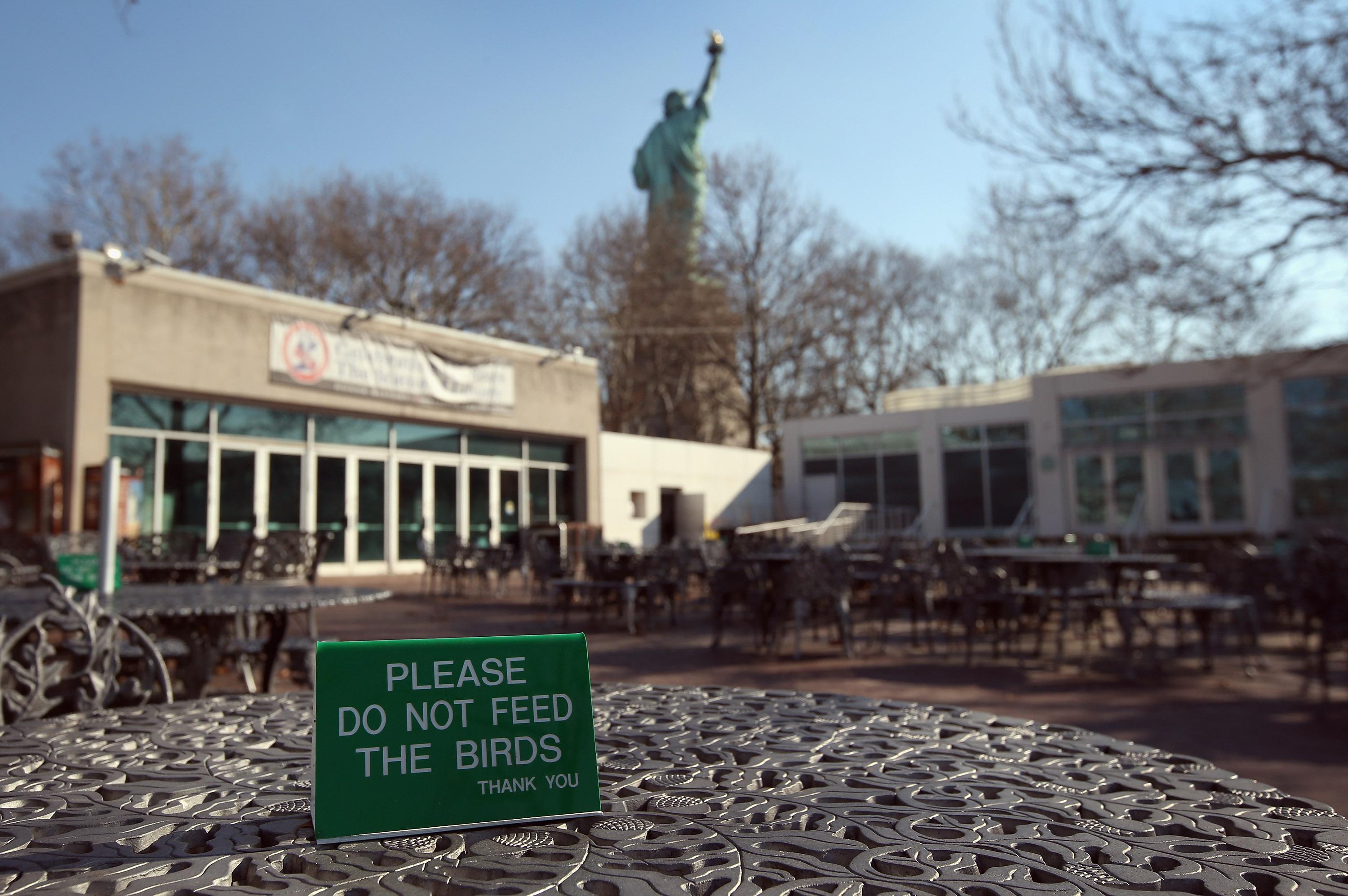For a long time the key hot button dispute in immigration reform has been between what its critics call “amnesty” and what its proponents term a “path to citizenship” and looking at what the Gang of 8 has come up with they split the baby in a pretty interesting way. Basically the path to amnesty is a pretty short hop. The Department of Homeland Security has three months in which to outline a plan for stepped-up border security, and then people who arrived in 2011 or earlier can apply for legal resident status and work permits. But the path from legal status to actual citizenship becomes a very long and tortured one. It’ll take over ten years for any individual to become a citizen. And in large-scale terms there’s going to be a whole series of border benchmarks that need to be met, benchmarks that can’t just be checked off by a sympathetic administration in the White House since there’ll also be a Southern Border Security Commission composed of experts and southwestern governors and such.
Politically speaking, I think the reason this works is that citizenship is of relatively little practical value to any individual. By contrast, legal permission to live and work in the United States is enormously valuable. But there’s an enormous political value to citizenship in that you’d be conjuring up a few million largely Democratic voters if you turned all the undocumented migrants to the country into citizens. The long delay process means the current crop of GOP elected officials doesn’t need to worry about this in the short-term, and also that they’ll have several cycles worth of post-reform elections in which to make their pitch to Latino voters. Meanwhile, undocumented migrants will greatly benefit from work permits so whether or not they and their families would in some sense prefer a more generous deal there’s no great reason to hold out and demand more.
Something to be said here is that if everything in this bill in terms of border security and W-visas works as planned we’re going to end up with fewer immigrants coming into the country than we did during the pre-crash years. So a lot actually hinges on how you think the politics will play out. My guess is that if everything does work as planned and then the labor market conditions of 1999 or 2005 recur that in practice the W-visa cap will be lifted since the idea of an arbitrary 200,000 visa cap is starkly at odds with the idea of pegging the number of visas to empirical assessments of labor market conditions. Now of course assuming that this all works exactly as planned is rather utopian. In practice, the various agencies this bill would establish are more a way of deferring certain political arguments than resolving them and if the legislation were to pass there’d be new debates that could play out in several ways.
